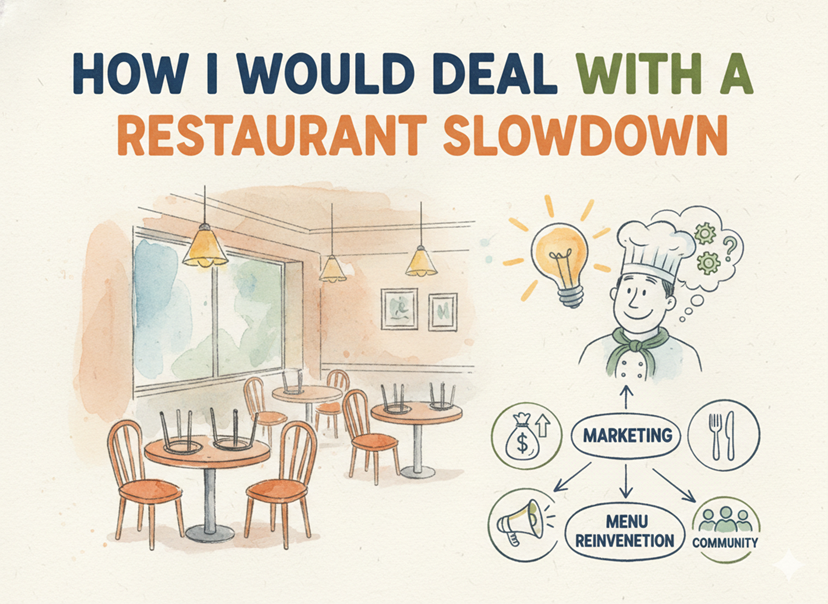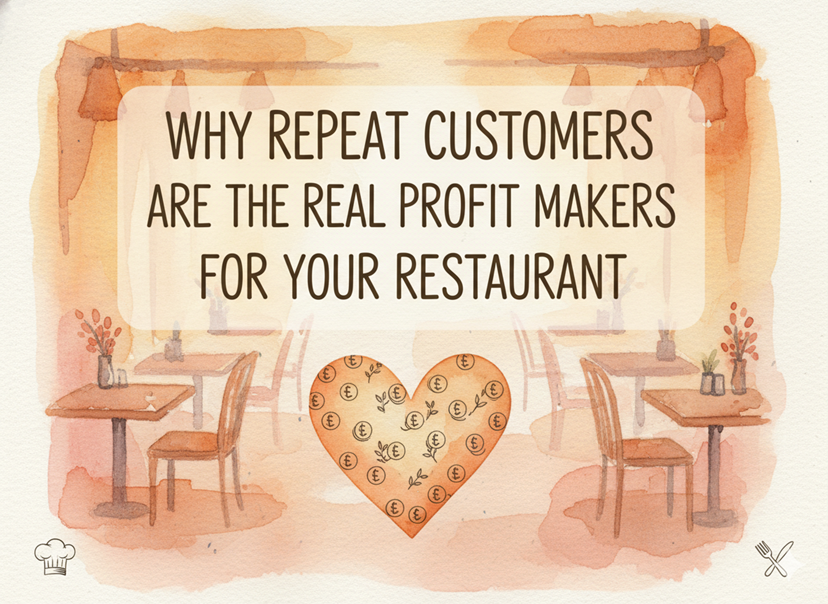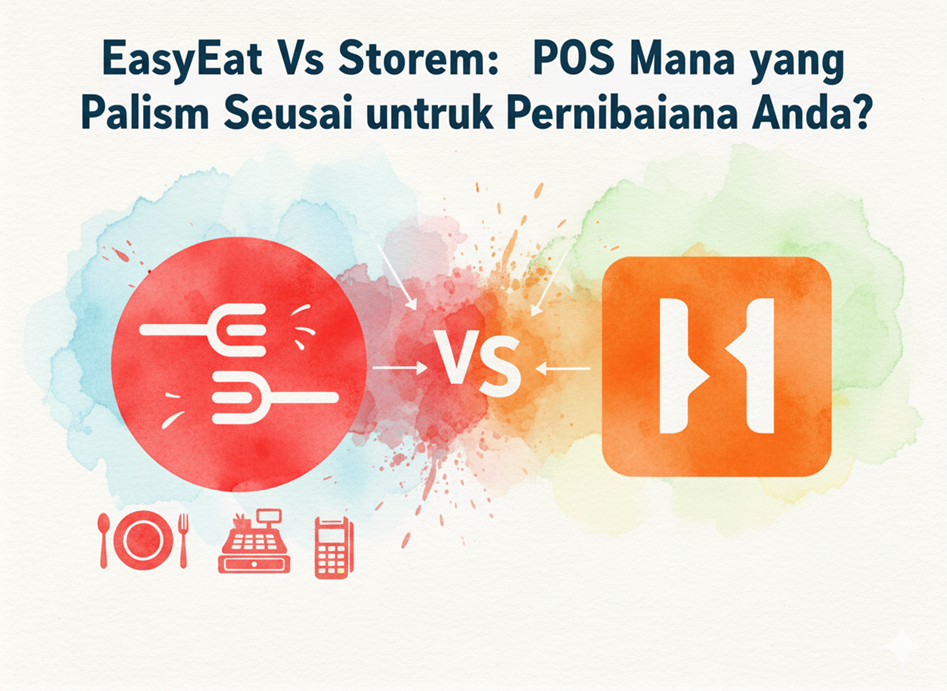As a new restaurant owner, it is important to understand the importance of having a reliable and efficient Point of Sale (POS) system. A POS system is a critical component of managing and running a successful restaurant, as it helps to streamline operations, reduce costs, and improve customer service. Having the right POS system in place is essential for any restaurant to succeed. In this article we’ll be discussing 8 must-have features and how it can benefit your business.
#1: Inventory Management
Inventory management is a crucial part of running a successful restaurant. Without the proper tools in place to track inventory, you can quickly find yourself running out of stock or struggling with excess product that has gone to waste. A good POS system should provide you with the ability to keep track of all your restaurant’s inventory. Having an up-to-date inventory system allows you to ensure that you always have the right amount of ingredients, beverages, and supplies on hand. It can also help you identify and track items that are selling quickly so you can re-order them in a timely manner. You can even set low stock alerts to be notified when your inventory is running low.
#2: Payment Processing
The payment processing capabilities of a POS system can make or break a customer’s experience. To ensure a smooth customer experience and increase the likelihood of repeat business, it is essential to choose a POS system that offers secure, reliable, and fast payment processing. The payment processing capabilities of a POS system should include various payment options, such as contactless payments, cash, credit, and debit. Additionally, the POS system should be able to easily integrate with third-party payment gateways, such as PayPal and Stripe. This will make payment processing easier for customers and help to reduce transaction fees. Furthermore, the POS system should have built-in fraud protection features to protect both the restaurant and customers from unauthorised transactions.
#3: Customer Relationship Management
Customer relationship management (CRM) is an essential feature to consider when selecting a POS system for a new restaurant. A good CRM system will enable you to easily capture, store, and access information about your customers. This information can include contact information, past orders, payment history, and other preferences that can help you build relationships with your customers.
Using a CRM system will help you to personalise the experience for your customers. For example, you can easily send out special offers or promotions to loyal customers, or you can quickly view past orders to see what a customer typically orders. This will go a long way in building customer loyalty and creating a more engaging experience for your customers.
#4: Reporting and Analytics
Analytics can also give you a better understanding of customer behaviour and preferences. You can use this information to personalise the experience for customers and provide them with a more personalised experience. Additionally, analytics allow you to track customer loyalty and reward programs, and measure the success of any marketing campaigns you run. With all of these features, a POS system can be a powerful tool for any new restaurant owner. The reports can show you the most popular menu items, the busiest times of the day, and where your customers are coming from. You can even use the data to create targeted marketing campaigns and drive more sales.
#5: Employee Management
A POS system with employee management capabilities allows restaurant owners to track employee performance, set permissions, and even offer incentives for their staff. This helps to ensure that employees are held accountable for their actions and tasks, and that their performance is monitored and improved. This can help create a more efficient and productive work environment. Employee management features also provide the ability to generate reports that provide insight into employee performance and can be used to identify areas of improvement. This information can then be used to develop better training and support programs, or to adjust scheduling and staffing accordingly. Additionally, some POS systems may also offer the ability to track employee hours and manage payroll, removing the need for separate payroll management systems.
#6: Security
As a new restaurant owner, security should be your top priority when selecting a point-of-sale system. The right POS system should come with built-in security measures to ensure the safety of your customers’ personal data and financial information. Look for a system that offers encrypted data transmission and secure payment processing, as well as multi-factor authentication and data encryption. This will protect your restaurant from potential cyber-attacks and data breaches.
It’s also important to consider the physical security of the system. Look for a POS system that requires a secure login process and offers remote access control. This will allow you to monitor the system from anywhere and ensure that only authorised personnel have access to the system. Additionally, look for a system that is compliant with the latest PCI-DSS regulations, which require businesses to protect their customers’ sensitive data.
#7: Mobile Accessibility
With a mobile-friendly POS system, all of your staff can access the system from anywhere on their mobile devices. This allows your staff to quickly enter orders, process payments, and update customer information. It also allows customers to order and pay for their meals from their phones, which can speed up the ordering process and help your business save time and money. Another great feature of a mobile-friendly POS system is that it can be used to keep track of inventory and provide real-time data on sales and customer behaviour. This information can be used to make smart decisions about menu items and marketing strategies. With this type of mobile access, you’ll be able to better serve your customers and increase your bottom line.
#8: Scalability
When considering a POS system for a new restaurant, it is important to consider scalability. A POS system should be able to grow with the restaurant, allowing it to scale to accommodate an increase in customers and menu items. Having a system that is scalable will help to reduce the cost of implementing a new system if the restaurant grows in size. Additionally, scalability helps to ensure that the system can keep up with the increasing demands of the restaurant, allowing it to remain efficient and reliable.
In order to make sure that the system is scalable, it is important to look at the capabilities of the system. This includes being able to add additional terminals and hardware, as well as being able to update the software to ensure that it remains up to date with the needs of the restaurant. Additionally, it is important to look at the cost associated with scaling the system, so that the restaurant is not caught off guard by any unexpected costs. By taking the time to research the scalability of the system, the restaurant can ensure that they are purchasing a system that can grow with their business.
In conclusion, having the right POS system is essential for any restaurant owner. It can save time and money, enable faster service, and provide customers with an overall better experience. Business owners should carefully consider all their options before deciding on a POS system, making sure to look for the 8 must-have features discussed in this post.
A good POS system is an investment that pays for itself in the long run. It helps streamline operations, reduce employee turnover, and increase profits. Additionally, with the right POS system in place, restaurant owners can feel confident that their customers will have a consistent and pleasurable dining experience. Restaurant owners should carefully consider the features of their POS system to ensure they are getting the most out of their investment.



